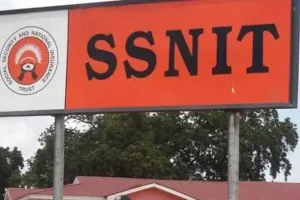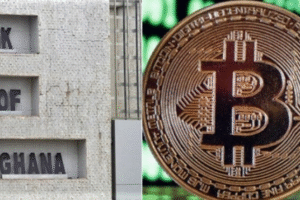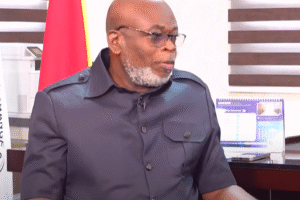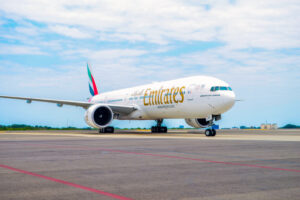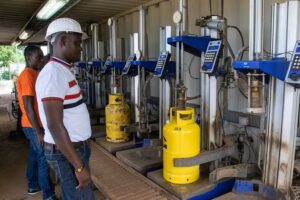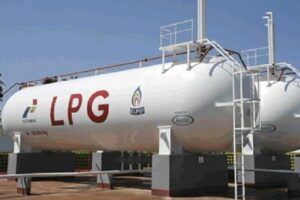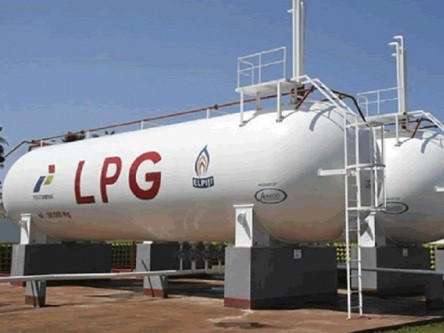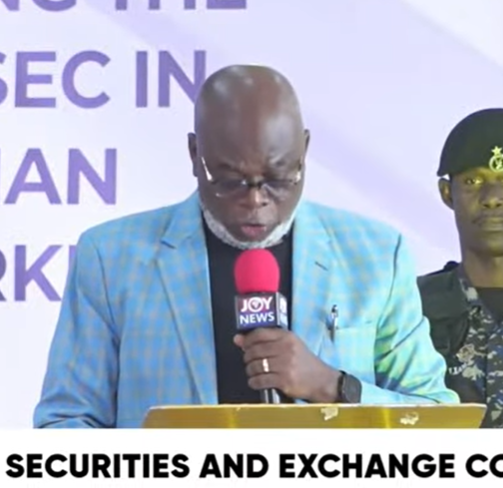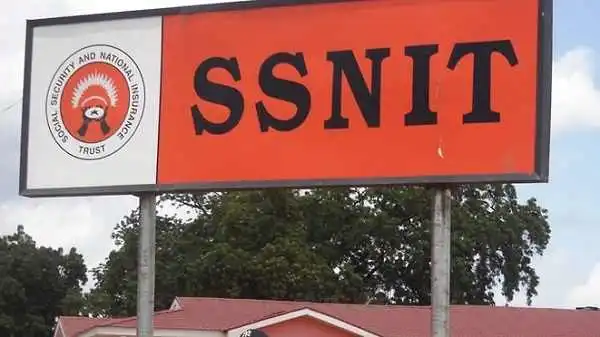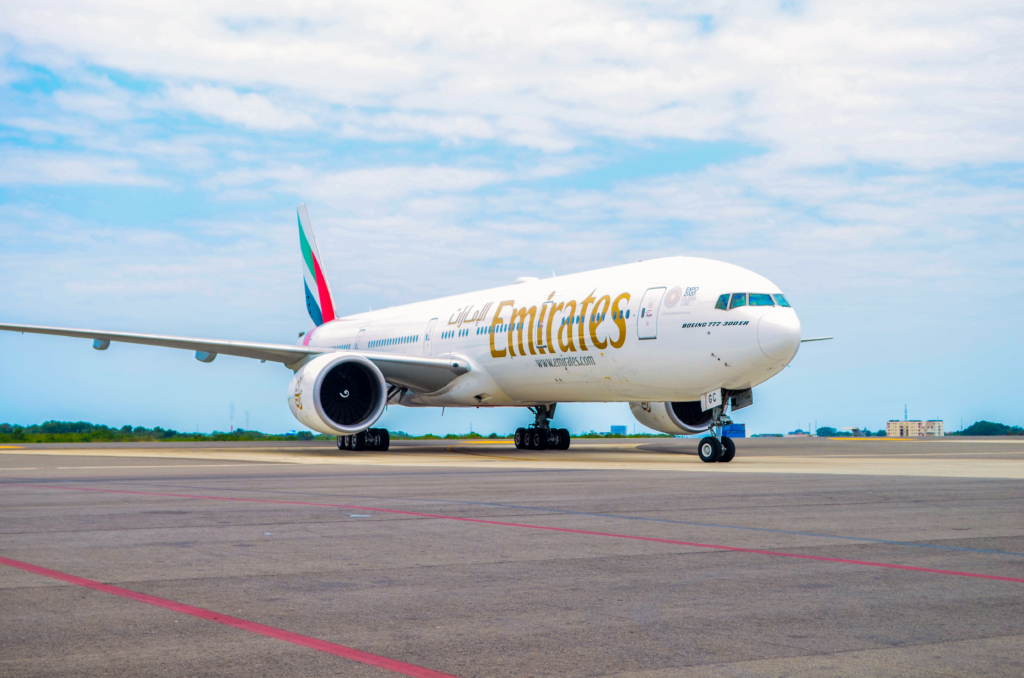The Ghana Chamber of Oil Marketing Companies (COMAC) has sounded the alarm over what it calls a looming environmental and public health crisis across West Africa, warning that excessive taxes on Liquefied Petroleum Gas (LPG) are forcing millions of households to abandon cleaner fuels for charcoal and firewood, accelerating deforestation and threatening the region’s clean energy transition.
Speaking at the 19th OTL Africa Downstream Energy Week in Lagos, Nigeria, COMAC Chairman Gabriel Kumi said that the region’s current approach to LPG taxation is undermining decades of environmental gains while stifling adoption of a critical clean energy source.
“Across Africa, about 60 to 70 percent of people still rely on firewood and charcoal,” Kumi said. “These are the poorest households who cannot afford LPG. Unless we make LPG affordable, we will not achieve meaningful progress on clean energy or forest protection.”
Ghana’s Experience: A Policy Warning for West Africa
Kumi pointed to Ghana’s stagnating LPG consumption between 2015 and 2020, when the introduction of multiple taxes slowed growth to under five percent, followed by further decline between 2020 and 2024. He blamed the downturn on what he described as “nuisance taxes”, which have pushed LPG prices beyond the reach of many households.
Currently, only about 30% of Ghanaians — mostly middle-income earners — can afford LPG, while the majority rely on charcoal for cooking.
“In Ghana, it’s mainly middle-income couples who can afford LPG. The rest are being priced out,” Kumi observed.
Nigeria’s Model: Lower Prices, Higher Adoption
Comparing regional trends, Kumi commended Nigeria for maintaining lower LPG prices, averaging 80 cents per kilogram, compared to Ghana’s 120 cents. This pricing gap, he noted, has directly boosted consumption in Nigeria, proving the connection between affordability and clean fuel adoption.
“Where LPG is affordable, people naturally switch,” Kumi said. “But when governments tax it heavily, we are effectively taxing the environment.”
A Call for Regional Policy Reforms
Kumi urged West African governments to scrap all taxes on LPG and introduce targeted subsidies for rural and low-income households. He stressed that LPG should be treated as an environmental necessity, not just a commercial product.
“We can host all the clean energy conferences we want, but until people can afford LPG, deforestation will continue,” he warned.
He further emphasised that clean cooking access is central to achieving the United Nations Sustainable Development Goals (SDGs) on energy, health, and climate. According to the World Health Organization (WHO), over 700 million Africans still rely on polluting fuels, resulting in severe indoor air pollution and premature deaths annually.
Environmental experts have echoed COMAC’s concerns, noting that without coordinated fiscal reforms, Africa risks backsliding on its renewable energy commitments. They argue that removing or reducing taxes on LPG would not only curb deforestation but also stimulate private sector investment in clean energy infrastructure.
Policy Implications for Ghana
The warning comes at a critical time for Ghana’s energy and environmental policymakers, who face pressure to balance fiscal consolidation with environmental sustainability. Analysts say government revenues from fuel taxes are substantial, but the long-term environmental cost of deforestation and public health impacts could far outweigh short-term fiscal gains.
As Ghana’s economy grows and urbanisation accelerates, energy experts are calling for integrated clean cooking strategies — combining LPG, biogas, and renewable energy — supported by progressive tax policies and public-private partnerships.
“This is not just about fuel,” Kumi concluded. “It’s about protecting our forests, our air, and the future of sustainable living in Africa.”
Source: Accra Business News
Disclaimer: Some content on Accra Business News may be aggregated, summarized, or edited from third-party sources for informational purposes. Images and media are used under fair use or royalty-free licenses. Accra Business News, an extension of Accra Street Journal is a subsidiary of SamBoad Publishing Ltd under SamBoad Holdings Ltd, registered in Ghana since 2014.
For concerns or inquiries, please visit our Privacy Policy or Contact Page.
📢 GET FREE JOBS + TIPS
Others are getting instant job updates and career tips on our WhatsApp Channel. Why miss out?
📲 Join SamBoad Jobs Channel Now

